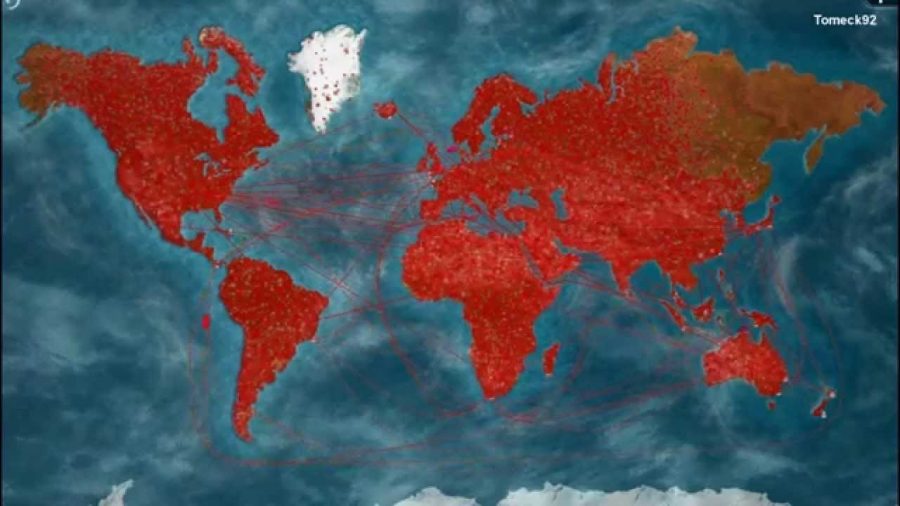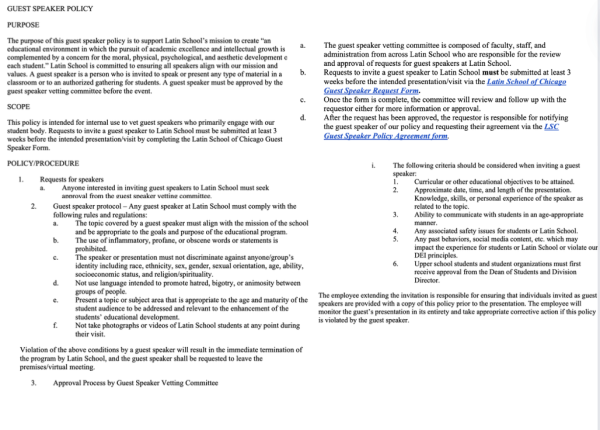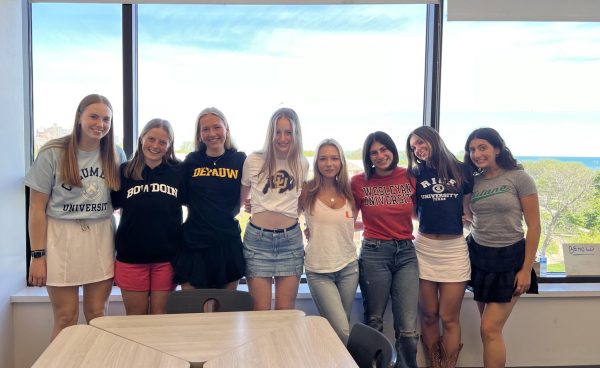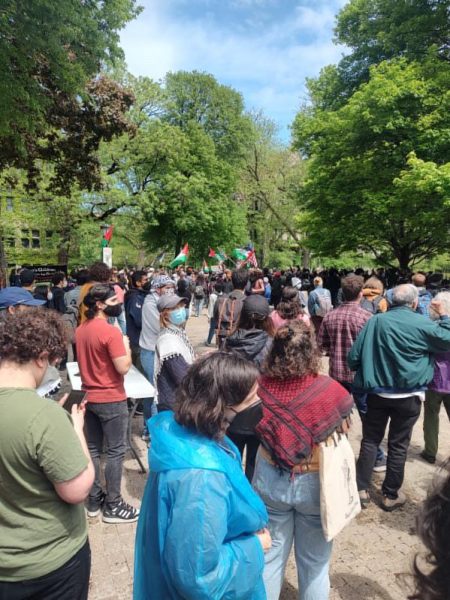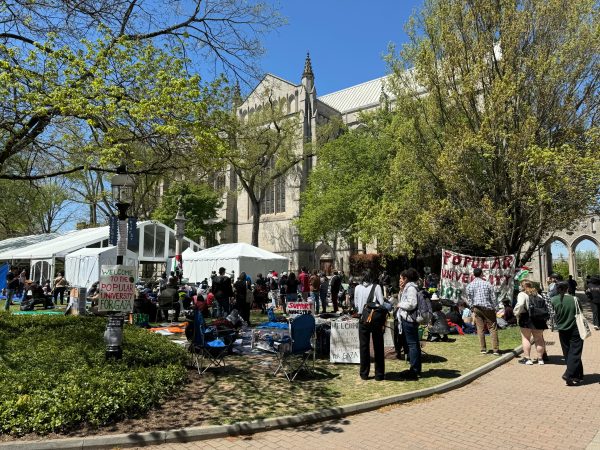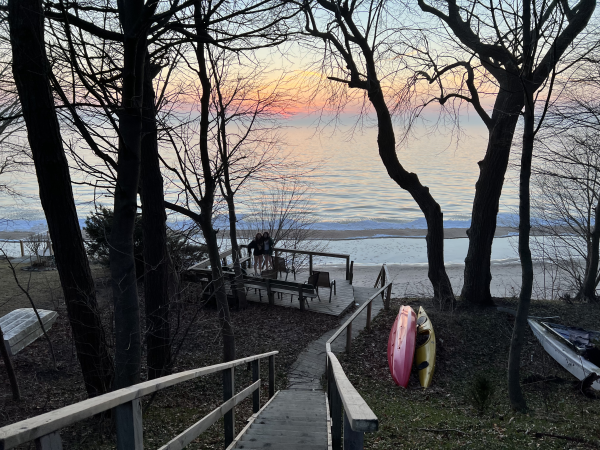COVID-19 Will Change Life Indefinitely
April 3, 2020
As we are submerged deeper in the turmoil of the unprecedented COVID-19 pandemic, often a question that is raised is, what happens next? The difficult reality is that no one can answer this with complete certainty. With all of the current commotion, especially in the media, the priority for most of the world has become focusing on present issues and worrying about the future when it comes. Nevertheless, many opinions regarding the unforeseen effects of COVID-19 have not quieted as the struggle continues.
Among the sea of perspectives surrounding the virus, one common perception is that social distancing is a ramification that will continue for up to a year. Dr. June suggests, “Based on my understanding of the many, many different models out there, I think we will still be doing some types of social or physical distancing for the next year or so.” It is, however, difficult to be sure what exactly this will entail. Freshman Alice Mihas notes, “In the future I believe it’s important that people will be more conscious of their spatial awareness towards others and so there can be less contact, but there’s really not a concrete solution at this point.”
Producing a vaccine seems to be the only guaranteed fix, so to speak, though that could take 18 months to successfully develop. “As far as I can tell there only seem to be two ways of stopping the spread of COVID-19, either develop a vaccine or practice social/physical distancing, so I assume we will continue to need to do at least some of the latter until the former happens,” June adds.
Considering that so many have compared COVID-19 to the 1918-1919 influenza pandemic with a similar timespan, some would say that the virus has yet to reach its peak. However, due to the large margin of uncertainty that still lingers, it is crucial that we utilize the tools we are currently provided to improve the current circumstances— ranging from medicine to social distancing.
One product of the COVID-19 pandemic that perhaps has hit closer to home, especially for a community such as Latin, is ‘germaphobia.’ The extension of the stay at home order has affected the social, athletic and academic lives of students, though only out of the necessity to keep everyone secure. Sophomore Peter Cahillane shares, “There is no doubt that many of us are upset about all of the lost time we have, but it is definitely important to let things die down first.”
The talk of this fatal illness has certainly concerned the world and caused some abnormal behavior. In addition to putting extra precautions in place, some stereotypes have recently formed that victimize particular groups and associate them with germs or disease. “I hope that we can continue to work on seeing how we are all in this together, fighting a virus that has no concern for, or knowledge of, borders or nationalities, race or class; instead of continuing to cast blame or stigmatize certain groups,” Dr. June notes. Any divisions created in society will be dependent on our communal response to COVID-19; when they arise, it is our job to correct them.
Moving forward, there is no doubt that our lives will continue to be impacted by the coronavirus. There is no clear end nor solution, however there is a collective sense of hope for a better, safer future. The way that COVID-19 transcends geographical divides is unprecedented, and it should be combated with a unified front.






































